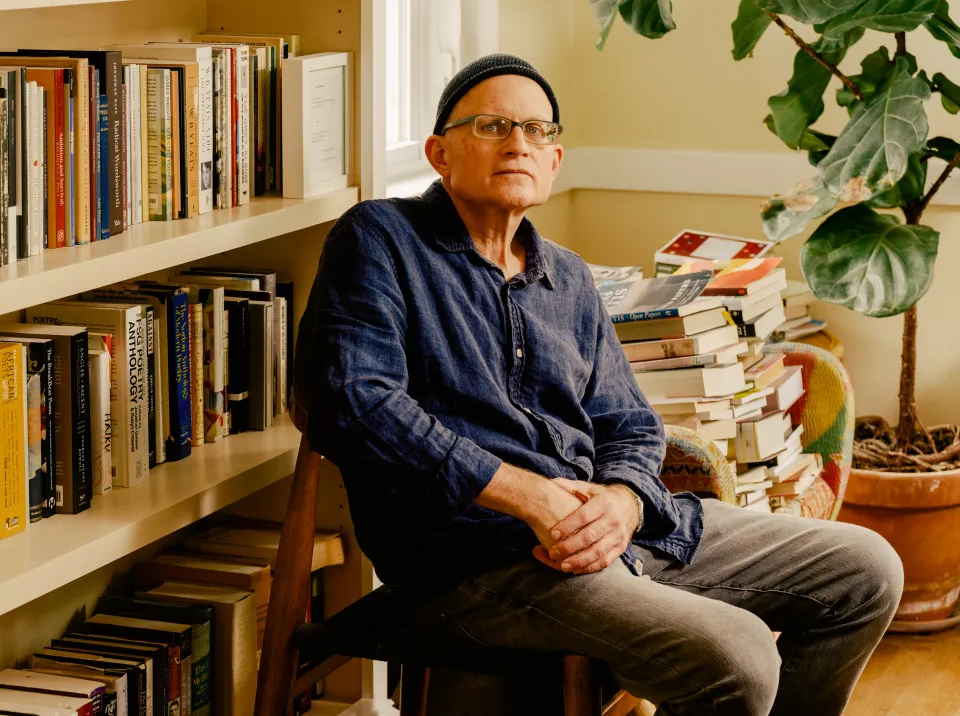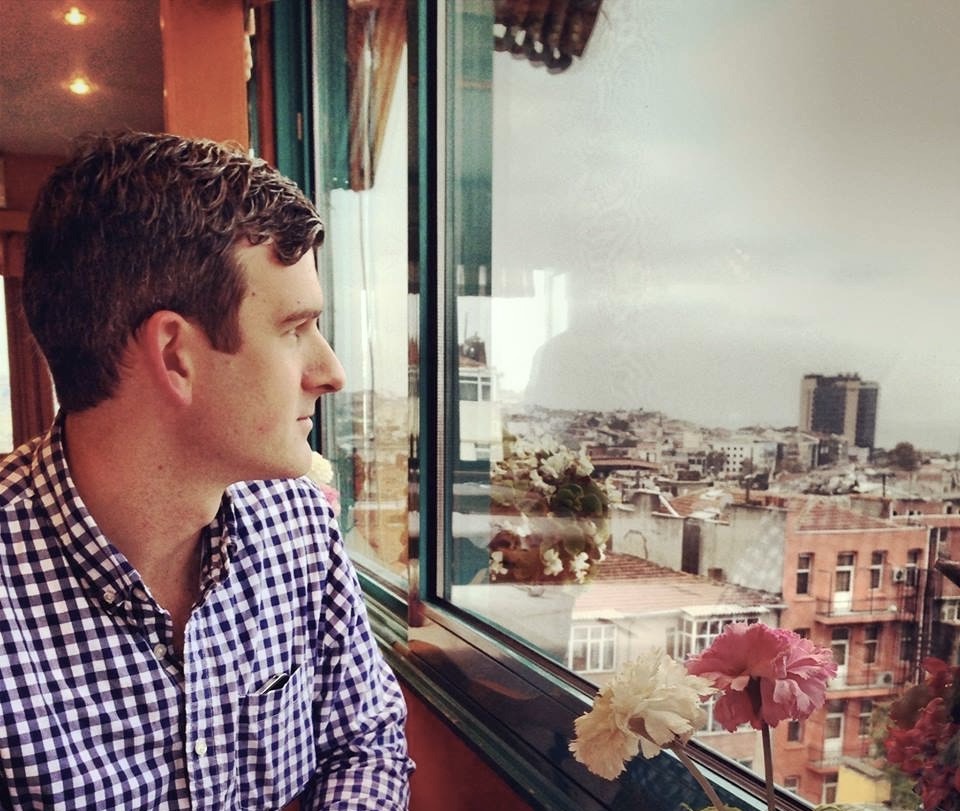In a digital world like ours, we have more and faster access to information than ever before. With a universe of media in our pocket-sized smartphones, it’s much easier, in many ways, to keep up with current events. But the way we consume journalism has also become more complex: it’s no longer as straightforward as scooping the Sunday paper off your front porch.
Research paper. The two most dreaded words for the college student. How do you navigate these academic trials (and is it possible to even enjoy them)? Research is a time-consuming process, yet one that is important to do well. Good research is, of course, a protection against plagiarism, but it is more importantly an opportunity for you to explore something that deeply interests you!
In my experience, no writing process is linear—in fact, it’s far more likely that the product of your written efforts will take a life of its own as words come together on the page. And though I will not deny that some people, after a sleepless night and caffeine overconsumption, can crank out a five-page research paper in three hours, my writing process requires a lot of flexibility of thought.
I had never heard the name “Christian Wiman” until three of my classes this semester assigned me to go to a recent lecture at Wheaton College entitled “The Art of Faith, the Faith of Art.” I was told he was one of the foremost Christian poets of our modern time and that the event would be worthwhile for any aspiring writer. A writer, philosopher, and theologian, Christian Wiman connected these subjects throughout his lecture.
In my three years as a Blog Editor with the Writing Center, I’ve collaborated with writers on a variety of article genres: opinion-based pieces, reflections, book reviews, interviews, how-to guides, and more. And, as a seasoned editor of blog posts, I’ve seen just how complex this style of writing can be.
Here at the Writing Center, we consultants have the pleasure of working with writers on many academic assignments throughout the year. We are always ready to welcome any kind of academic paper and collaborate with writers, whether that is because a professor has required a consultation, a student feels in need of guidance, or a client wants a listening ear for their ideas. Perhaps you have brought a research paper or two to the Writing Center before.
It’s Time to Select Your Topic
We’ve all been there. The essay has been on the syllabus since day one. Ten days before it’s due, the professor starts sneaking in comments every few classes about the turn-in date. We tell ourselves, “Oh, there’s still time.” Why is it so hard to get started?
If you have ever been in a literature or writing class at Wheaton, you may have heard the term “creative nonfiction” thrown around by one of your professors or classmates. Perhaps you have encountered the phrase in Kodon or The Pub and are interested in knowing more about what this genre is. Or you are unfamiliar with the term, you may even find it paradoxical. You are not alone in this either.
Drew Bratcher: Melody and Memory
The first time I met Professor Drew Bratcher, I walked out on him. It was my first year as an editor for Kodon, Wheaton’s literary and art journal. He was the faculty advisor for The Record, our campus newspaper, so he had been invited to a Kodon meeting to share his experience of the writing life. He ended up talking about everything from working as a journalist on Capitol Hill to the impact of the 2008 recession on the writing industry. As an impressionable college student barely starting my sophomore year, I was intimidated and enthralled in equal parts.
I remember sitting in front of my laptop, searching, “How to be a good manager.” Not only was the title of “manager” itself contributing to my fear of the role, but self-doubts began to rise in my mind. Would I be able to live up to our staff members’ expectations? Would my lack of experience in such a position decrease the Writing Center’s professionalism? Despite the weeks of training I received, these thoughts lingered as I walked into my first day as the Student Manager. Yet now, as I sit reminiscing over the past year that I have spent working in this role, I can see only blessings and lessons to share.









